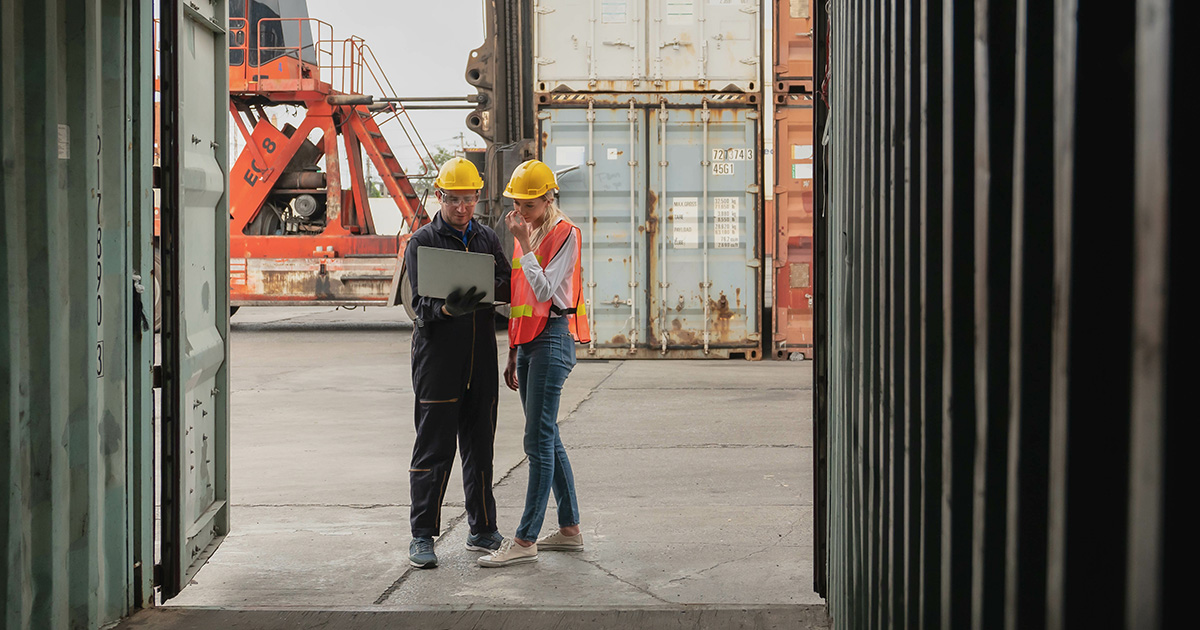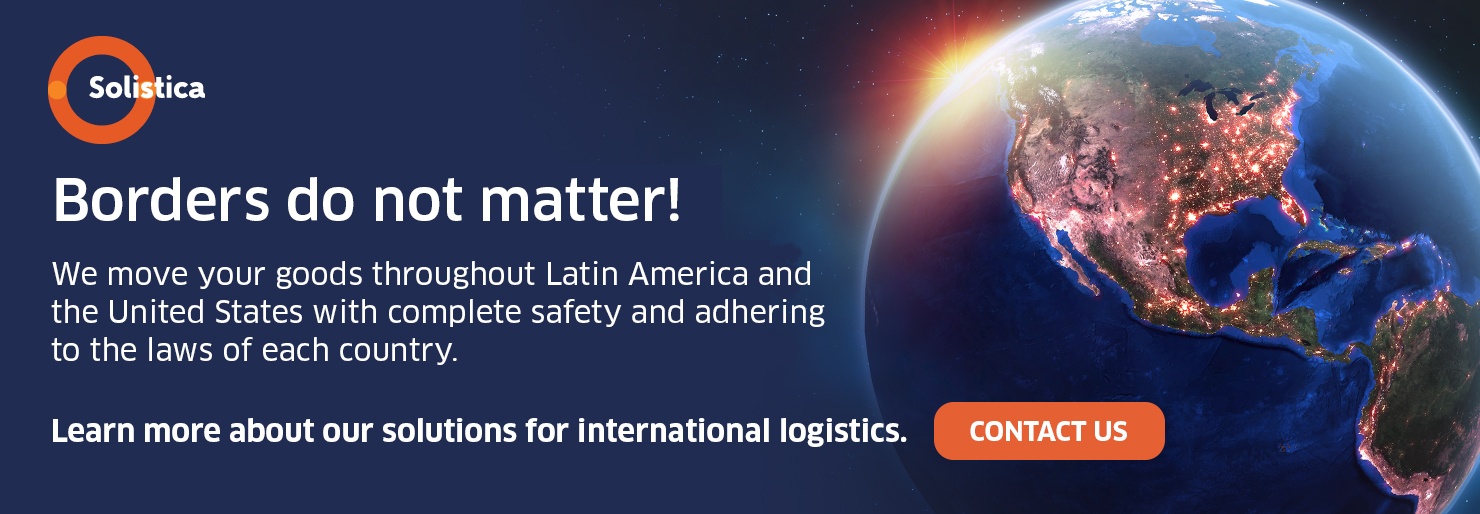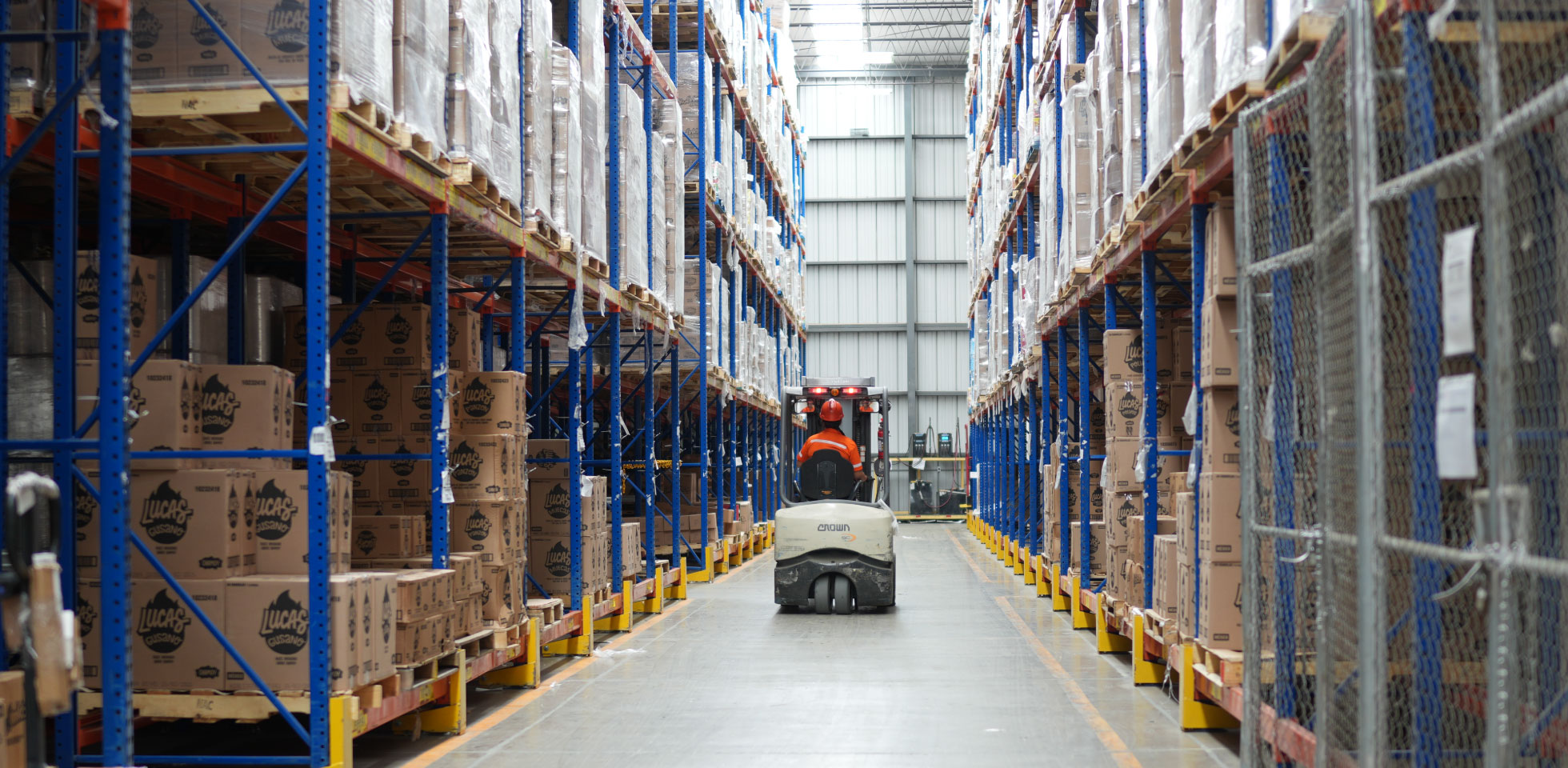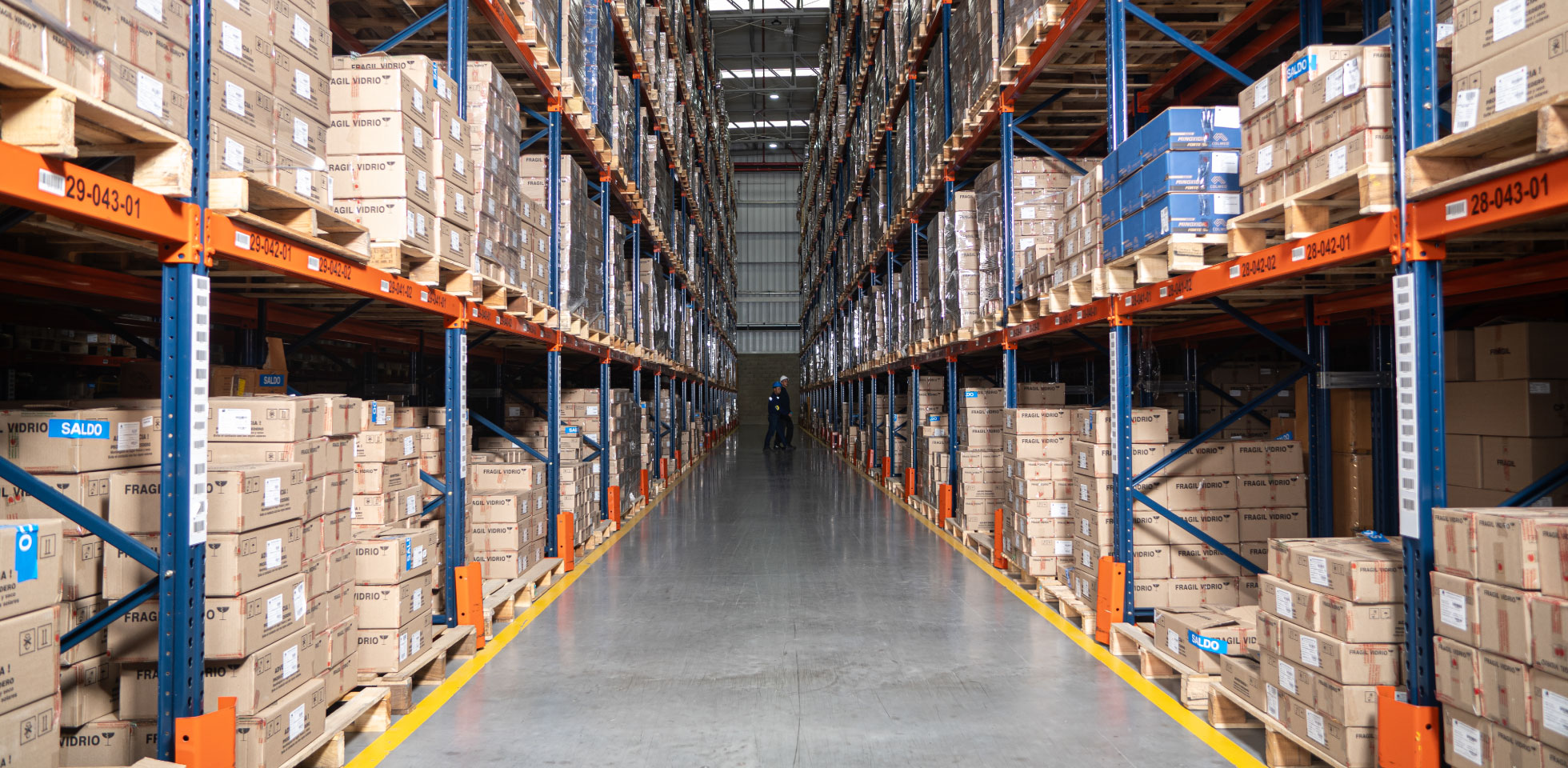International Logistics is a complex system involving norms and regulations and has frequent unexpected events such as additional costs and delays. Freight Forwarders are tasked with avoiding and effectively managing these unforeseen events.
Customs
Customs Offices are official agencies dedicated to regulating the activities related to the entry and exit of people, goods, and capital from one country to another. They are located in borders, airports, and coasts.
Their main goal is to create fiscal (collecting taxes), health, and security controls. Any product that is exported or imported must go through a customs broker and pay tariffs.
Freight Forwarders
International Freight Forwarders are entities at the destination charged with managing the arrival of shipments and monitoring the cargo. Even though they are not shippers, they have access to shipping by sea, rail, road, and air.
They are also known as freight forwarding agents, transit agents, or destination agents and they are tasked with avoiding, identifying, and solving problems during the handling of documents, customs dispatch, and cargo delivery.
Freight Forwarders use their contacts with partners, employees, and freighters to negotiate prices and deliver goods using established commercial routes, they assess the different options and choose the best one in terms of speed, cost, and reliability.
These are some of their roles:
- Operating on behalf of exporters and importers.
- Managing the documentation of transportation and customs control.
- Coordinating, consolidating, and deconsolidating all kinds of shipments (sea, air, or land).
- Coordinating the logistics chain with shipping companies, airlines, land freighters, and customs, among others.
- Advising on transportation methods based on merchandise, origin, and destination.
- Advising on operating costs such as freight, port tax, insurance, etc.
- Advising on customs specifications, regulations, and standards of every country.
- Preparing documentation for end-to-end transportation.
- Booking space for cargo in ships, planes, trucks, or trains.
- Planning routes.
- Hiring and negotiating costs with shipping companies, airlines, and land freighters.
- Hiring transportation insurance.
- Delivering goods at destination or at the customers’ facilities.
- Offering value-added services such as warehousing, packaging, packing, and picking.
The main advantages of hiring the services of a Freight Forwarder are savings, constant communication with clients regarding any incidents at the customs office, solutions according to possibilities, and real-time end-to-end tracking.
Even though the company remains in control of their own shipping, thanks to the Freight Forwarder, it no longer needs to worry about time-consuming tasks such as comparing prices and negotiating services and costs with freighters.
Solistica is an expert on international sea, air, or land logistics. Our systems allow us to guarantee a constant communication with clients and customs offices.







